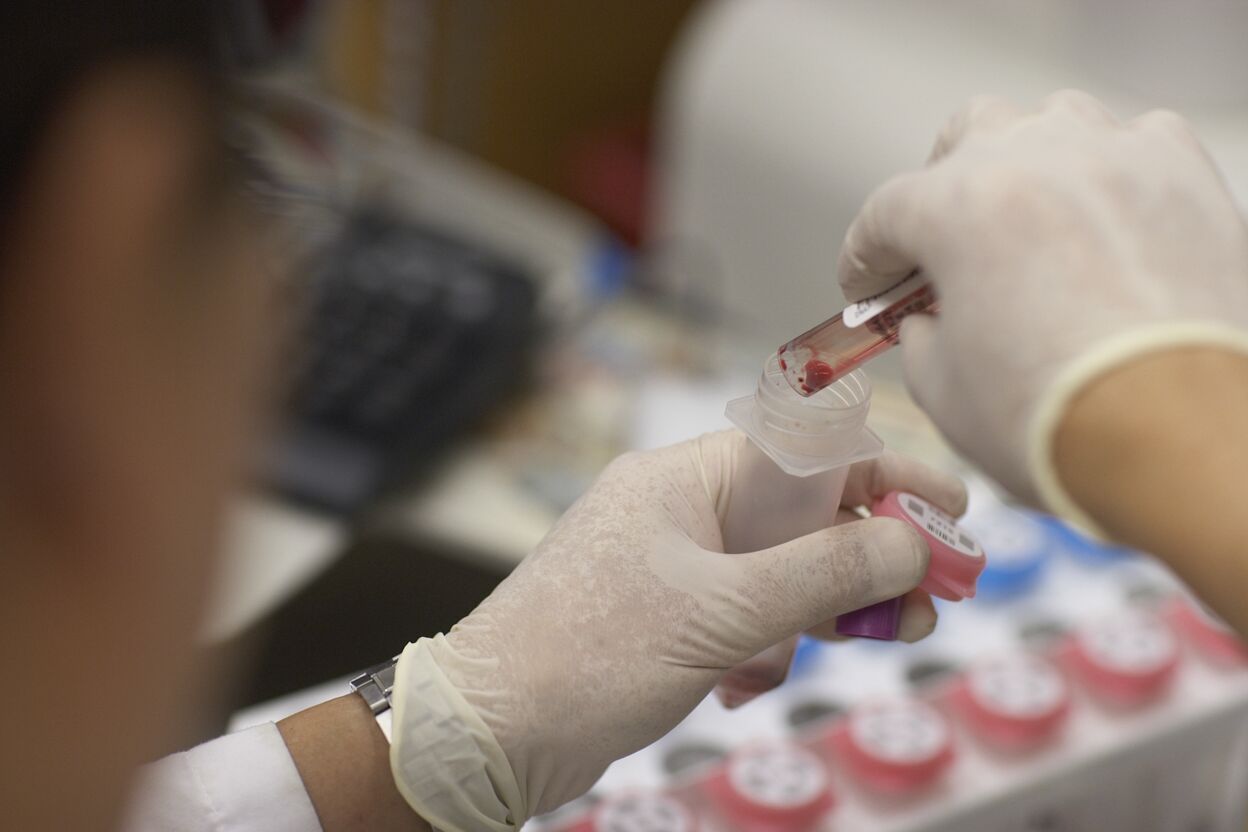Systems biology approach to study kidney disease
We are using systems biology approach to study cell signaling and gene transcription networks in kidney disease. We are studying the transcriptome, epigenome and proteome in injured glomerular cells and in diseased kidneys. We are using systems pharmacology approach to identify new drug targets or therapy for kidney disease.
Role of HIPK2 in kidney fibrosis
Using systems biology approach we have identified a central role of HIPK2 in kidney fibrosis. We are currently studying the molecular mechanism of HIPK2 in mediating kidney fibrosis and try to identify potential anti-fibrosis therapy by targeting HIPK2 and its downstream pathways.
Pathogenesis of diabetic kidney disease (DKD) and glomerular cell cross-talk
We are studying the role of high glucose and oxidative stress in glomerular cell injury in diabetic kidney disease. We are studying the role and the post-translational regulation (acetylation) of key transcription factors such as FOXO, NF-κB and STAT3 in mediating podocyte injury.
Recent evidence also suggests that glomerular cell cross-talk plays a major role in maintaining normal homeostasis of glomerular filtration unit. Using a novel approach of isolating and sorting pure population of podocytes and glomerular endothelial cells (GECs), together with gene expression analysis, we are identifying novel mediators of podocyte and GECs in diabetic glomerular injury.
Pathogenesis of HIV-Associated Nephropathy
For last decade, our work has been focused on the pathogenesis of HIVAN. We found that HIV Nef induces podocyte proliferation, dedifferentiation, and abnormal cytoskeleton through regulation of Src-Stat3/ MAPK, and Rac/RhoA pathways. Through systems biology analysis, we found that NF-κB and STAT3 are two key transcription factors mediating the regulation of genes altered in the HIV kidney, indicating that drugs targeting these transcription factors may be developed as potential therapy for patients with HIVAN. More recently, we found that chronic HIV infection may aggravate the progression of DKD through enhanced inflammatory response mediated by NF-κB and STAT3 . We are currently testing whether small molecule inhibitors interfering with their activation may ameliorate the progression of HIV-associated and diabetic kidney disease.
Podocyte biology and pathology in glomerular injury
We are studying the signaling network that mediates podocyte differentiation and injury using both in vitro and in vivo models. We are studying the relationship between mechanical force, morphology, and chemical signals and their role in maintaining normal podocyte differentiation status. We are also studying how retinoic acid (RA) repairs podocyte injury through induction of differentiation and regeneration process through activation of cAMP/PKA pathway. We identified RARα is a key receptor mediating the renoprotective effects of RA, suggesting that the agonists of RARα that could be developed as potential drugs to treat glomerular disease.

